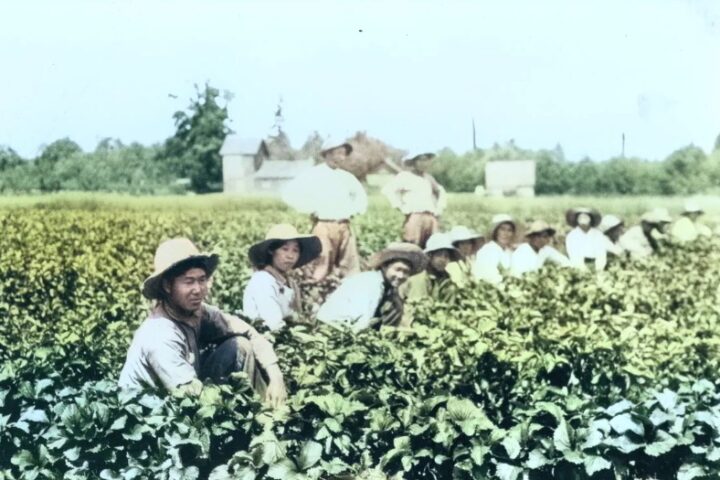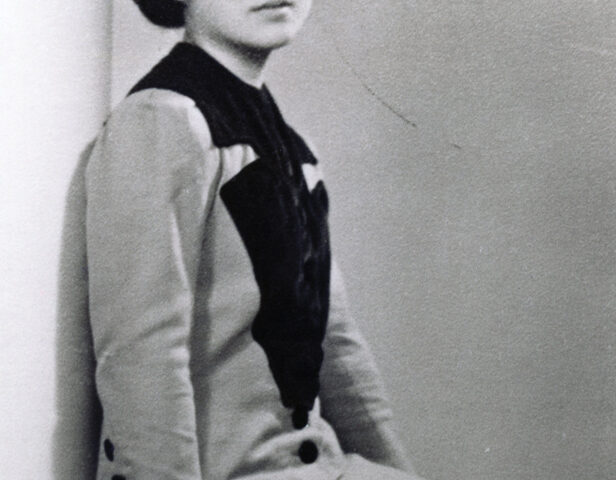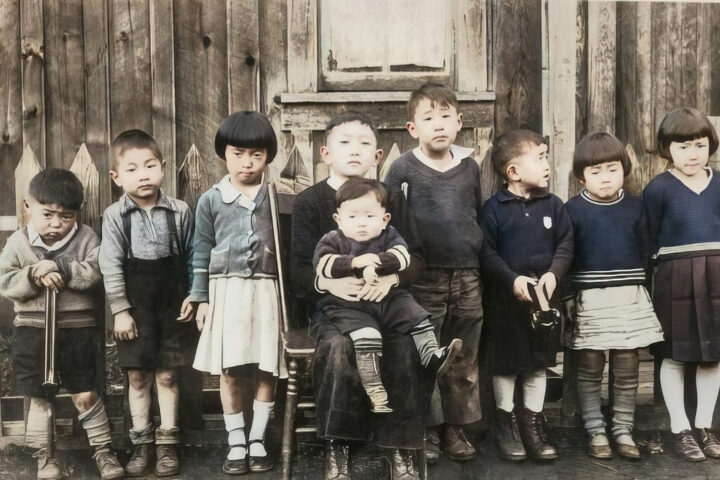February Japanese Canadian History
Highlights of February Dates in Japanese Canadian History
by Lorene Oikawa, Past President NAJC
Last year was the 80th anniversary of the start of internment/incarceration in 1942 and the National Association of Japanese Canadians (NAJC) reviewed highlights of Canadian history from that year. In 2023, we will be reviewing the period 1941 to 1949 and highlight some dates for each month. We’ll look at some of what the government was doing and the impact on Japanese Canadians.
February 17, 1941 – Prime Minister Mackenzie King reopens proceedings in Parliament where debate continues about the registration of all Japanese Canadians over the age of 16. A week later, MPs Tom Reid, George Cruickshank, Howard Green, and A.W. Neill attack government policy as being “sympathetic” to the Japanese in British Columbia. A.W. Neill said, “Whatever the opinion of the Prime Minister or of the government here, we in British Columbia are firmly convinced that once a J– always a J–.” Angus MacInnis called Neill’s words a “disgrace to Canada.” MacInnis is the only CCF Member of Parliament from BC. CCF is the Co-operative Commonwealth Federation which became the New Democratic Party in 1961)
February 19, 1942 – Prime Minister King and the cabinet agree all male Japanese Canadians, aged 18 to 45, are to be removed from a 100-mile-wide zone along the coast of British Columbia. Order-in-Council 1348 authorizes work camps for male enemy aliens outside protected areas. Order-in-Council 1365 prohibits the possession of firearms or explosives by persons of Japanese race. US President Roosevelt uses Executive Order 9066 to empower the US War Department to remove 110,000 Americans of Japanese ancestry from the western US coast states.
February 24, 1942 – Order-in-Council P.C. 1486 is passed and empowers the Minister of Justice to restrict the movement of all Canadians of Japanese ethnicity including “powers to require persons to leave “protected areas.””.
February 25, 1942 – Prime Minister King formally announces the removal of all (about 22,000) Japanese Canadians for national security. “It is the policy of the government to use the powers of this order to take all necessary security measures to safeguard the defences of the Pacific coast of Canada.” for “reasons of national security.”
February 5, 1943 – Order-in-Council P.C. 946 gave the government a way to address wartime labour shortages. The OIC gave the Labour Minister the power “to require, by order, any person of the Japanese race in any place in Canada to proceed to any other place in Canada at such times and in such manner as he may prescribe.” [Japanese Canadian labour saves the sugar beet industry during the Second World War.]
February 26, 1945 – Because of British pressure, the Canadian government agrees to “loan” Japanese Canadians to the British Army. A dozen Nisei had waited for six months for permission to be released so they could be inducted into the British Army until this change in policy. A quota is set for 150 and volunteers are recruited.
February 20, 1946 – Supreme Court Justices hand the government a deeply divided decision on the deportation order against Japanese Canadians. The deportation was declared legal, but the justices were split 5 to 2 in favour of deporting Nisei (second generation Canadians of Japanese ethnicity) and 4 to 3 against deporting unwilling dependents. Also, a growing movement opposing the deportation was producing the strongest public response that the Prime Minister had ever seen.
February 18, 1948 – Prime Minister King met with his caucus who agreed to continue restrictions against Japanese Canadians until March 31, 1949, and support a new Order-in-Council. The OIC was passed at a poorly attended Saturday session of Parliament with the Co-operative Commonwealth Federation (CCF) members objecting.



